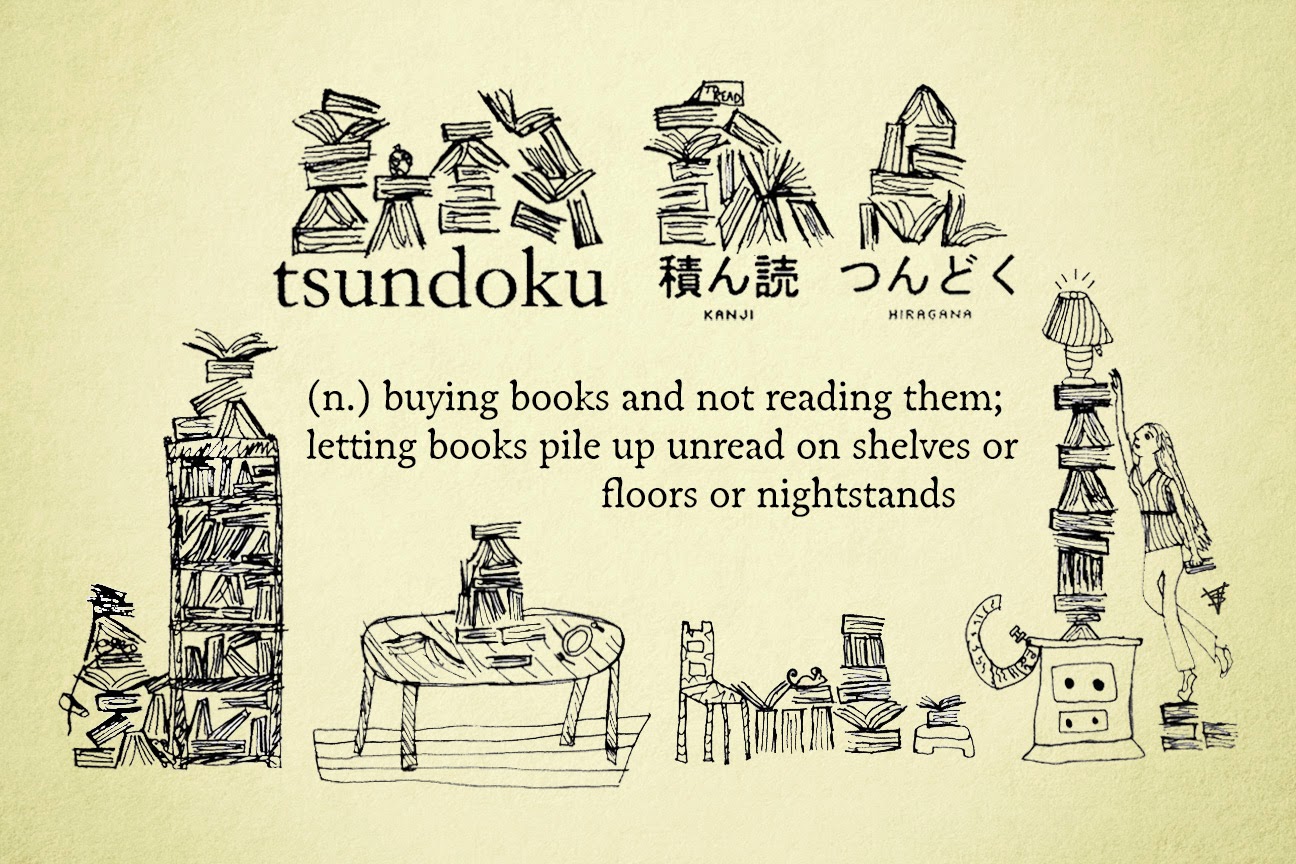I definitely don't think its too late. It's all about your approach to studying, your mindset going forward for this long journey of language learning will determine the results that you will see. Treat your language learning seriously, and push beyond what's taught in class. I found for my learning, having a long term goal that's just general enough to always be out of reach is a big help. For me, it was the desire to one day reach the ability to play games in Japanese with the same level of comprehension as I do in English.
I'd second picking up the Dictionaries of Japanese Grammar. Basic and Intermediate are great for the beginning, but you'll probably want to get all 3 eventually. The rest of your materials can come straight from online in my experience.
it's never too late. I'm, uh, way older. It's not about anything other than dedication. If you're willing to put in the time, every day, working toward your goal, that's the trick.
having a class to actually practice speaking and listening (and a teacher to ask questions of!) seems like a huge boon to your studies. but realistically 9 weeks is not going to cover much so the big questions will be where do you go from there?
whatever you do, there is one thing you need to do immediately, if you haven't already. take a weekend or even a week, whatever, and memorize hirigana and katakana. it's not hard, and there are tons of free online guides (and if you need a book then Heisig's Remembering the Kana makes it all super easy). try to make it so that everything you do in written work from here on out is in actual Japanese, not romaji. romaji lies and it's worthless for long term study, proper pronunciation, etc. Speaking of pronunciation, tae kim's site has all the kana linked with proper pronunciation so you can do that too.
unlike other languages where you just have to learn grammar and vocab, with Japanese you have to learn grammar, vocab, and a complicated writing system. do all of these simultaneously. don't say to yourself "i can wait to learn the kanji" because that's pointless too.
i'm in my 40s and finally got serious almost (but not quite) 2 years ago. i have kids and a job that gets complicated with travel and long hours, so i can't cram in as much study as others, but i do study every day, work/vacation/sick/whatever. i've moved through genki I and II slowly (i'd speed that up, looking back). i do a lot of separate study of vocab and grammar, and have a separate study program for kanji. i'm still far, far away from my goals but at the turn of the year realized that it's finally turned into a snowball rolling down a mountain. i can read a lot more stuff (hey! I can read most of NHK News Easy! 小学生 status achieved!) and feels like it's going to accelerate from here. i'm excited. this year i'll move on to Tobira and if all goes well, will find a regular tutor for speaking practice. that in turn will hopefully help my listening skills. unsurprisingly, those are my two weakest areas.
anyway, enjoy and have fun with it!
Thanks, that does make me a bit more optimistic going forward

I've ordered a copy of "A Dictionary of Basic Japanese Grammar" from Amazon so that should arrive tomorrow, with my classes beginning on 18th January. I realise 9 weeks isn't much, but it is just a beginner course that's essentially an introduction. The syllabus is advertised as covering,
Hiragana あーん
Introduction to Katakana
Introduction to Japanese alphabets
Useful expressions
Greetings
Introducing yourself/someone with details: name, origin, occupation, date of birth
Writing your name in Japanese
Exchanging business cards & telephone number
Numbers 0 to 90000
Asking about business hours
Dates, time
Prices,
Indicating words : this/that Counters for 4 types of items
How many? How much?
Colours,
Family
Transport
Simple position words
Going, coming and returning
From – to
So I'm hoping it'll provide a nice cover for the basics just to get me going. The course is advertised as being for total beginners, so I figured that it would be one of the best places to start out. I've always tended to be quite comfortable in a classroom environment when I was doing my Bachelors/Masters degrees. The University also does more advanced courses as well, so once I've done some further self study there are more classes I can sign up to which are priced very reasonably, an 18 week Intermediate course is £225 and that would give me a good opportunity to practice with a fluent speaker.
To be honest, from the Syllabus I think the "Writing your name in Japanese" is one of the things I'm most oddly excited about.
What exactly is the Whiteboard method a few people have mentioned? I've got a nice big open wall space in my living room so there's definitely space for a Whiteboard in my main living area.
Also, you mention studying up on Hiragana and Katakana, what about Kanji? Is that something I should also be looking at? Or is that something a bit beyond my level just yet? (Or am I totally misunderstanding the core concepts of what they all are here?)
I might order this book,
https://www.amazon.co.uk/d/Books/Re...ting-Japanese-Syllabaries-Hiragna/0824831640/ , the Remembering the Kana book, pretty decent price on Amazon and it'll arrive tomorrow with Prime, so I've got a week and a half to go through it and make a start before classes commence.


